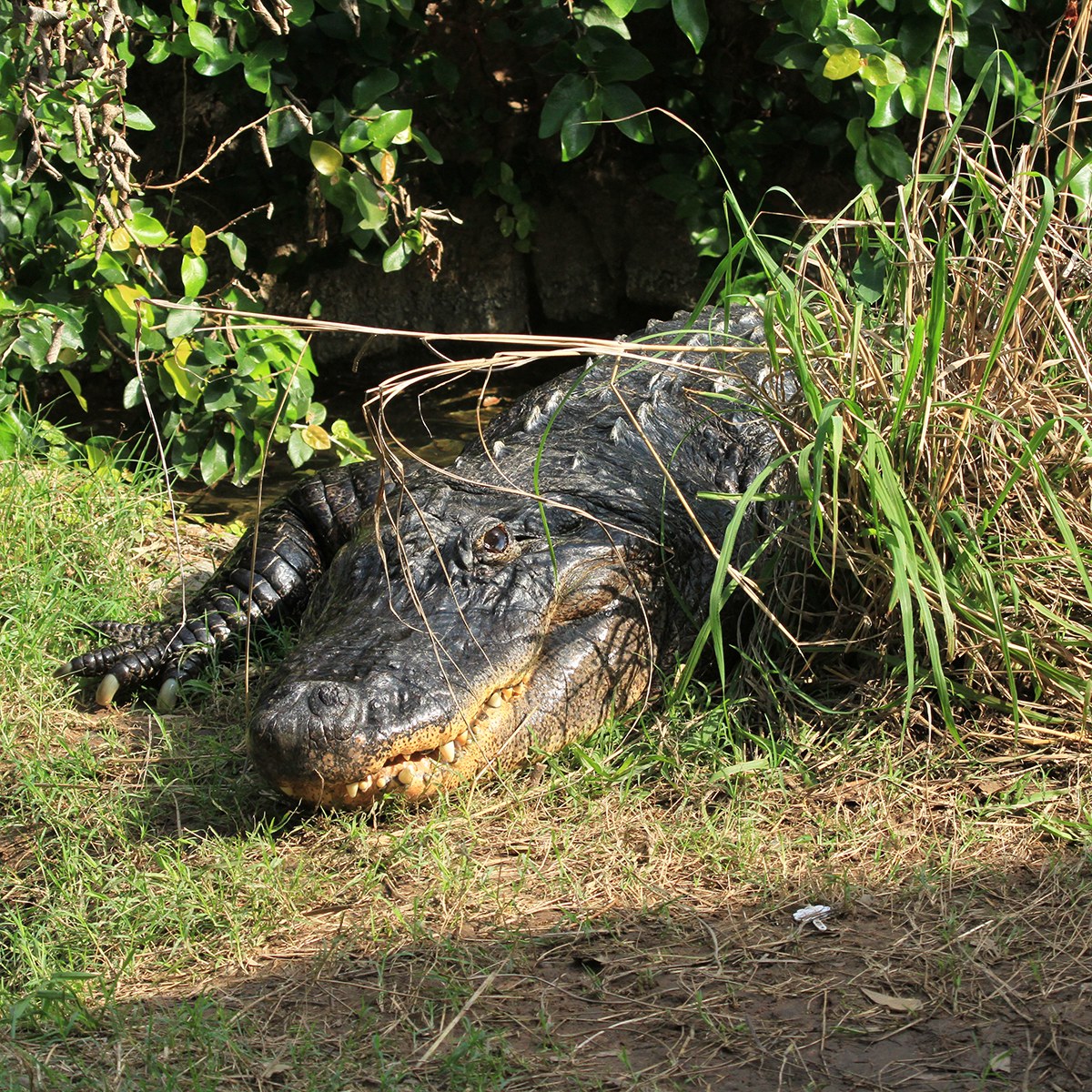Summary:
– The See you later, alligator is a catchphrase that originated in the 1950s and was popularized through songs and movies.
– Alligators are fascinating reptiles that have been around for millions of years and have unique adaptations for survival.
– Alligator farming is a growing industry that contributes to these reptiles’ conservation and sustainable use.
– Zoos play a crucial role in educating the public about alligators, other wildlife, and conservation efforts.
Have you heard the catchy phrase “See you later, alligator”? It’s a phrase that has become ingrained in popular culture, often used to say goodbye in a playful and lighthearted manner. But did you know that behind this simple phrase lies a world of fascinating facts about alligators and their incredible adaptations for survival? In this article, we’ll take a deep dive into alligators’ world, their history, unique features, and their important role in both nature and captivity. So grab your safari hat and get ready to explore the wonderful world of alligators!
Alligators are ancient reptiles that have existed for millions of years, long before humans walked the earth. They are often mistaken for their close relatives, crocodiles, but the two have a few key differences. Alligators have a broader snout and more rounded teeth, while crocodiles have a V-shaped snout and sharp teeth. These adaptations make alligators excellent hunters, with their powerful jaws and strong muscles allowing them to easily catch their prey.
One of the most fascinating aspects of alligators is their ability to live in fresh and saltwater environments. While they are primarily found in freshwater habitats such as marshes, swamps, and rivers, they can also tolerate saltwater and are known to inhabit coastal areas. This adaptability is crucial for their survival, allowing them to explore different habitats and find new food sources.
But what about the famous phrase “See you later, alligator”? This catchphrase became popular in the 1950s, thanks to Bill Haley & His Comets’s song “See You Later, Alligator.” The song was a huge hit and helped solidify the phrase in popular culture. It was later immortalized in movies and further popularized by artists like Elvis Presley. So the next time you hear someone say, “See you later, alligator,” you’ll know you’re part of a longstanding tradition!
Alligators are fascinating creatures in the wild and play an important role in captivity. Alligator farming is a growing industry that aims to conserve these reptiles while providing sustainable economic opportunities. Breeding alligators in captivity helps reduce pressure on wild populations by meeting the demand for alligator products like skins and meat. Additionally, alligator farming contributes to research and conservation efforts, supporting wildlife rehabilitators and educational programs.
Zoos, including alligators, have always been crucial in educating the public about wildlife. Many zoos have dedicated alligator exhibits where visitors can learn about these creatures up close and personal. These exhibits provide valuable information about alligator conservation, their natural habitats, and the importance of preserving their populations. Visiting zoos allows people of all ages to connect with nature and learn about the incredible world of alligators.
In conclusion, alligators are remarkable creatures with a rich history and unique adaptations for survival. From their distinct features to their ability to thrive in various environments, alligators continue to captivate our imaginations. And let’s not forget the timeless catchphrase “See you later, alligator” that brings a smile to our faces. Whether in the wild or captivity, alligators play a crucial role in our ecosystem and lives. So the next time you come across an alligator, remember to appreciate their incredible beauty and their important role in nature.
*****
Source Description
See you later, alligator 🐊


